- Posted by: Tommy Tran
- Thu, 10/03/2022, 14:43 (GMT+7)
- 0 Bình luận
10 Câu hỏi ôn thi có đáp án AGILE COACHING - COACHING
1. Identifying problems, providing suggestions is a:
a) Coaching approach
b) Mentoring approach
c) Project Management
>> d) Consulting approach
2. Scrum Master is the coach for the Scrum team.
>> a) True
b) False
3. Following are behaviours a coach must develop:
a) Listen
b) Empathize
c) Motivate
>> d) All of the above
4. Following are different levels in listening:
a) Level I—Internal Listening: focus on me, my thoughts, my judgments, my feelings, my conclusions about myself and others.
b) Level II—Focused Listening: a sharp focus on the other person's posture, words etc.
c) Level III—Global Listening: includes everything one can observe with senses: what can be seen, heard, smelt and felt.
>> d) All of the above
5. Open-ended questions are Powerful questions, that can take coaching conversations deeper:
>> a) Yes
b) No
6. Imagining one's own self in others' situations is called:
a) Listening
>> b) Empathize
c) Motivating
d) Respecting
7. A coach's responsibility is:
a) Resolve team's conflicts in a timely manner.
b) Help teams to acknowledge that conflicts exist.
c) Help teams identify ways to live with the conflicts.
>> d) All of the above.
8. A coach's improvement journey can be:
a) Frequently and honestly assess your coaching abilities.
b) Constantly reach for the next level of mastery.
>> c) Both of the above.
d) None of the above.
9. Shu-Ha-Ri is:
a) A Japanese martial art concept that is used to describe the stages of learning to mastery.
>> b) A primitive world hunting technique.
c) A modern world experiementing technique.
d) An Agile framework.
10. Sprint delivery responsibility in Scrum is the accountability of:
a) Agile Coach
>> b) Developers
c) Product Owner
d) Scrum Master

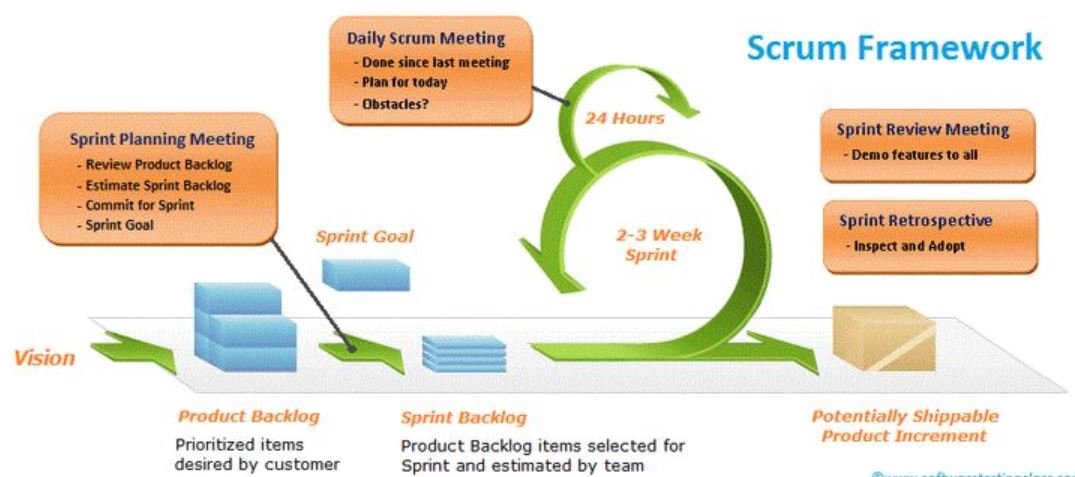
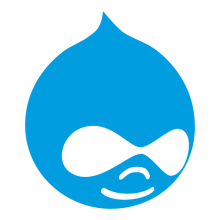
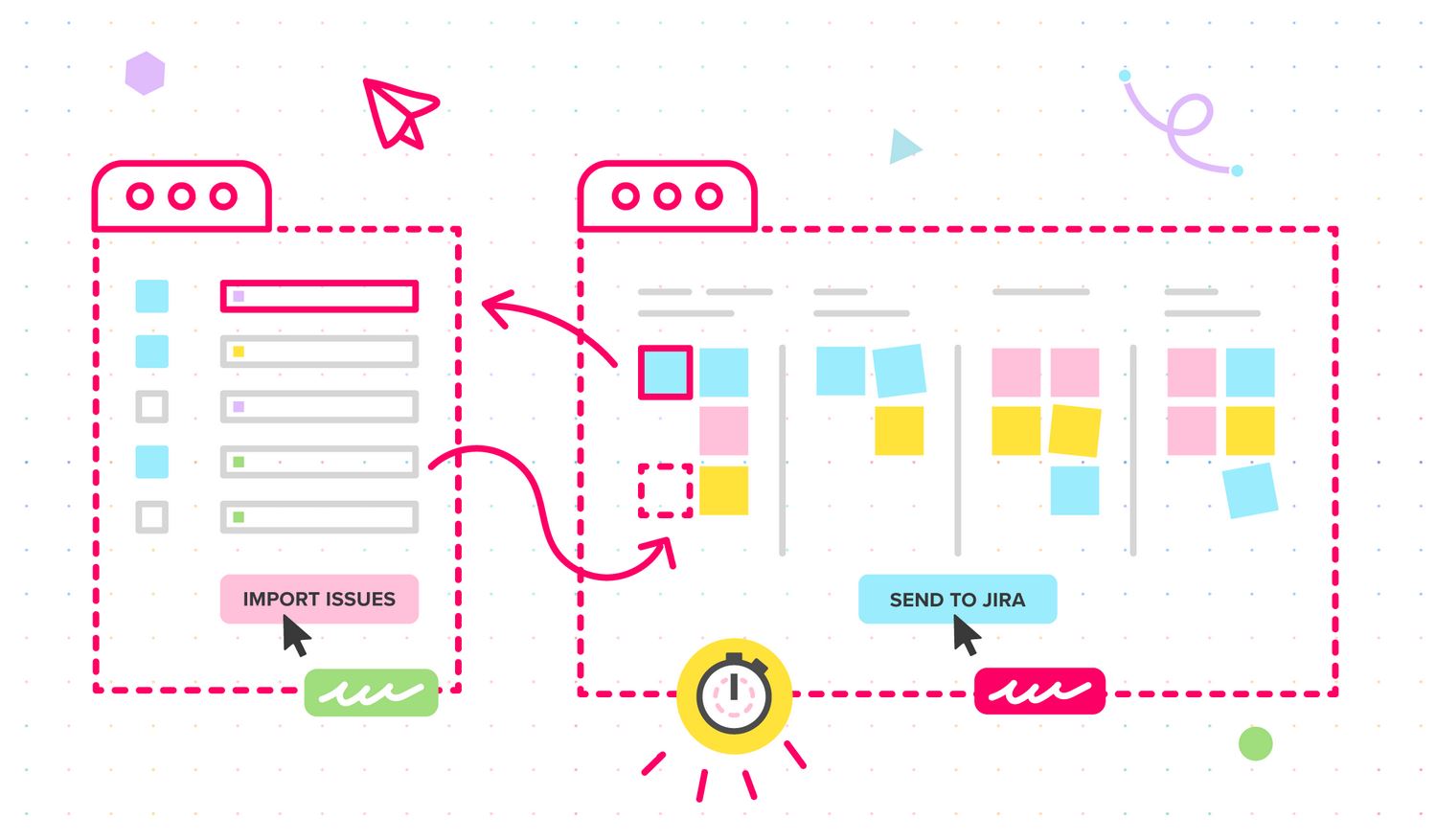
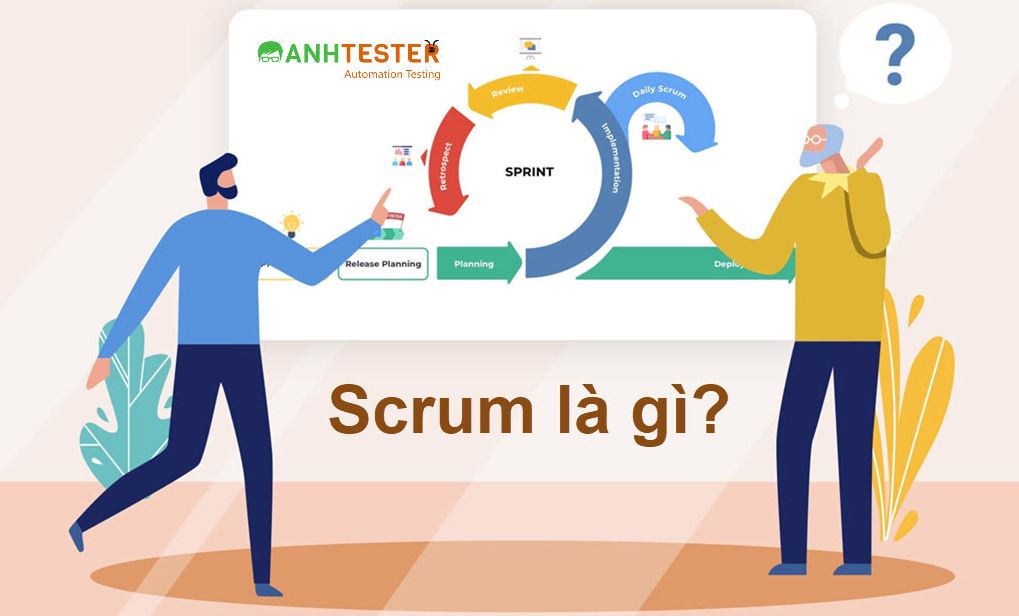
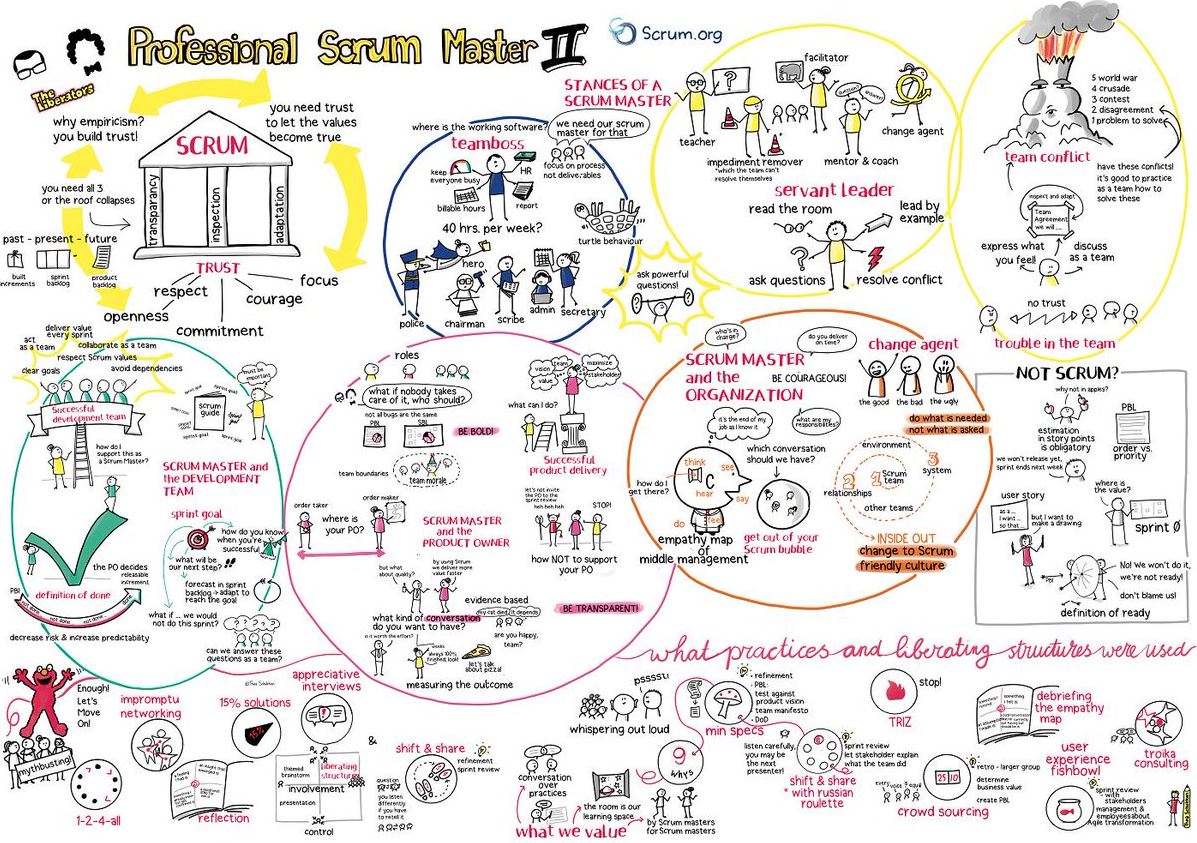
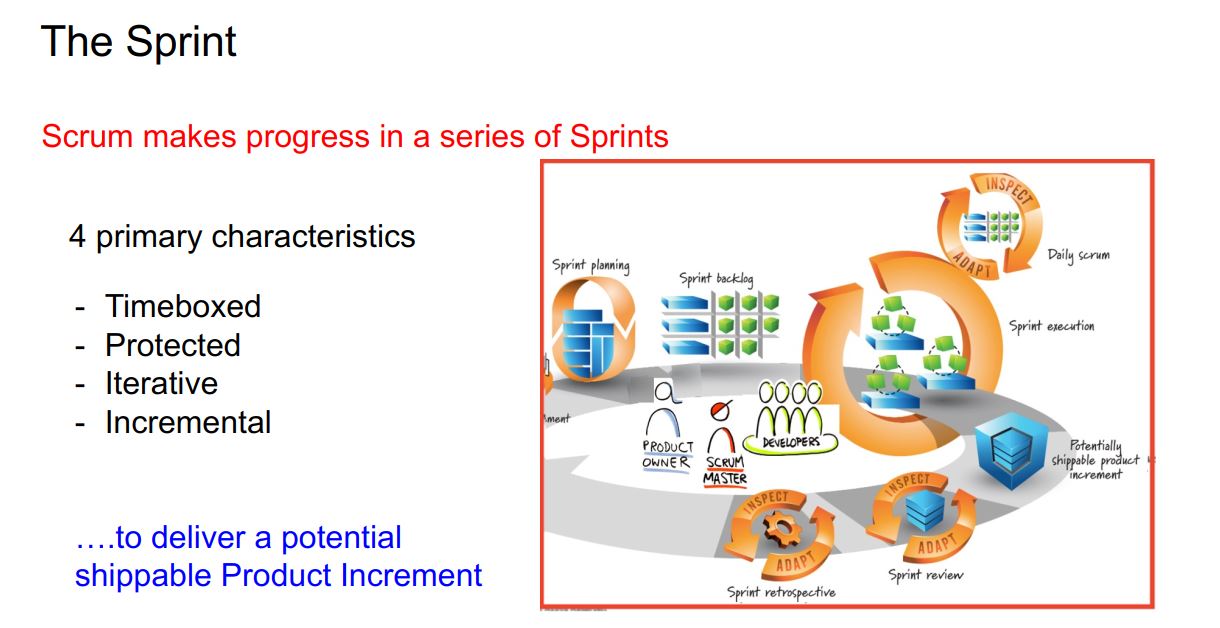
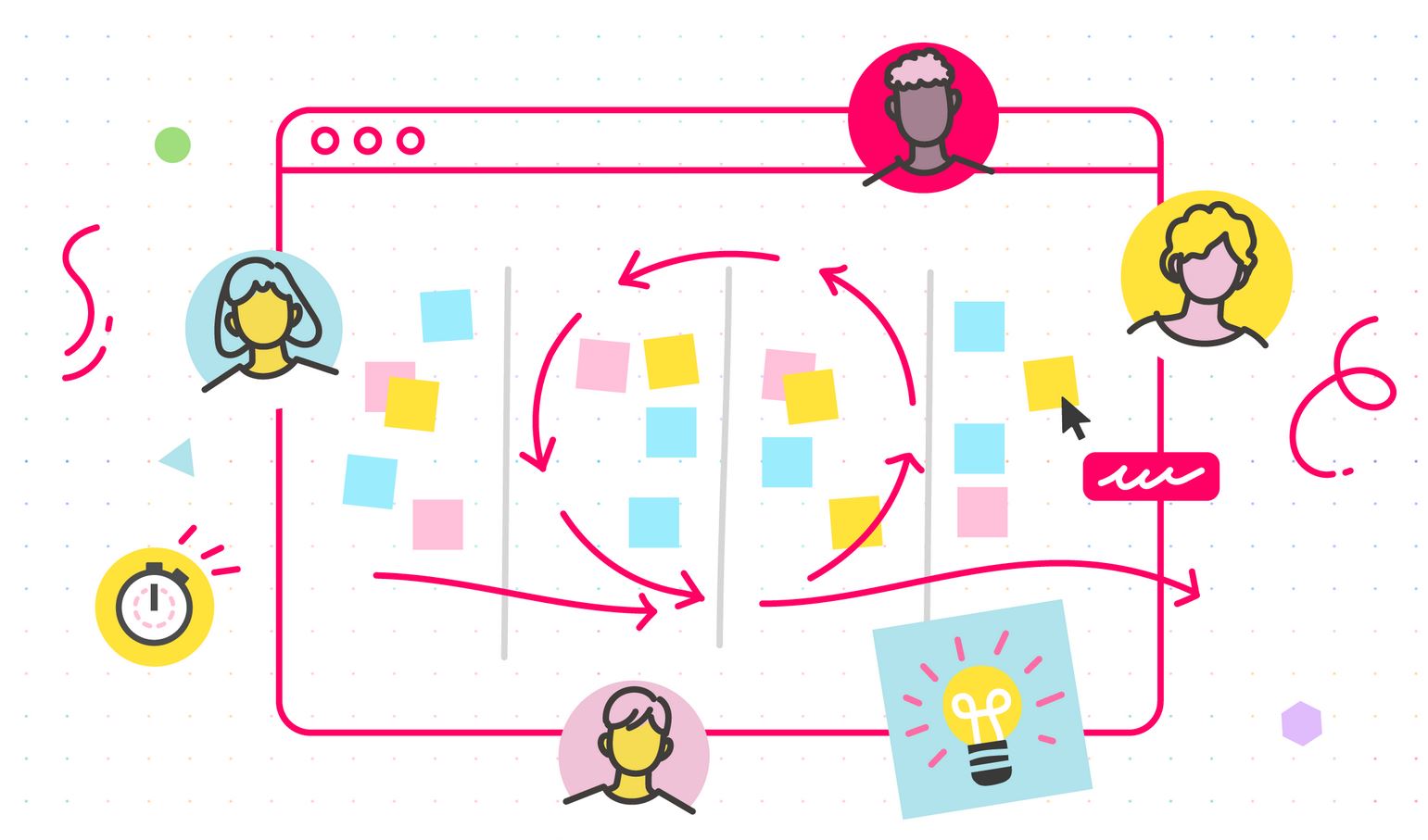
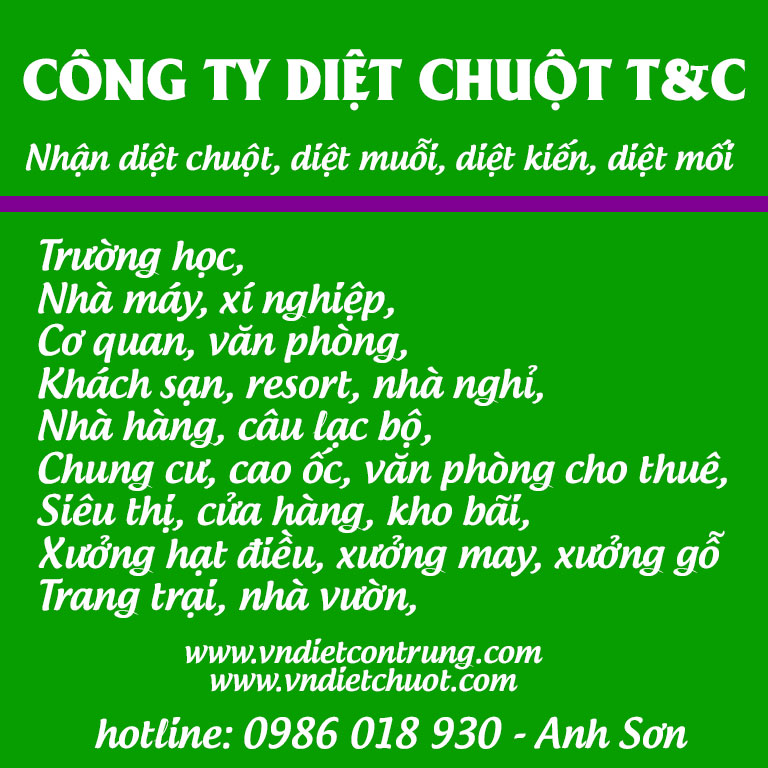





















Add Comment